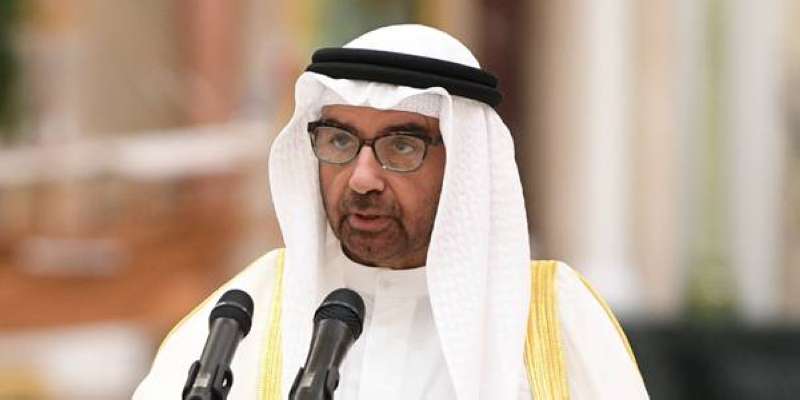On Monday, Dr. Saad Al-Barrak, the Deputy Prime Minister, Minister of Oil, Minister of State for Economic Affairs and Investment, and Chairman of the Board of Directors of the Kuwait Petroleum Corporation, made it clear that Kuwait remains steadfast in its opposition to including measures to reduce or abandon the use of fossil fuels in the final agreement draft of the Conference of the Parties to the United Nations Framework Convention on Climate Change (COP28), held in Dubai.
Minister Al-Barrak conveyed this stance in a statement provided to the Kuwait News Agency (KUNA) during his participation in the 12th Arab Energy Conference in Doha, Qatar. The conference, with the theme “Energy and Arab Cooperation,” spanned two days and aimed to discuss the importance of collaboration among Arab nations in the energy sector, addressing shared responsibilities and challenges faced by producing and exporting countries.
Highlighting the potential adverse global impact, Minister Al-Barrak emphasized that abandoning fossil fuels could have negative repercussions on the global economy, causing disruptions in the energy sector, impeding development stability, and hindering the necessary support for developing nations.
He underscored Kuwait’s unwavering commitment to working towards emission reduction, environmental preservation, and the need to address emissions through technological advancements and international oversight.
The COP28 conference, initiated on November 30 in Expo City, Dubai, witnessed extensive participation from Kuwait and the international community. Serving as a significant global platform, the conference aims to unite efforts in climate action, identify cooperation opportunities, and seek solutions to climate challenges.
The event, concluding tomorrow, brings together state parties to the United Nations Framework Convention on Climate Change, along with numerous experts, journalists, climate activists, local community representatives, and delegates from companies and non-governmental organizations.
As the world grapples with the urgent need to combat climate change, the stance of Kuwait’s Deputy Prime Minister and Minister of Oil highlights the complexities and differing perspectives surrounding the transition to renewable energy sources.
While many countries and organizations advocate for a swift shift away from fossil fuels to mitigate the effects of climate change, Kuwait’s position reflects concerns over the potential economic and social consequences of such a transition.
As one of the leading oil-producing countries in the world, Kuwait heavily relies on fossil fuels for its economy. Any abrupt changes in energy policies could have significant ramifications for the country’s stability and development.
However, it is important to note that Kuwait also recognizes the importance of addressing climate change and reducing emissions. Minister Al-Barrak’s statement emphasizes the need for technological advancements and international oversight to achieve emission reduction goals.
The COP28 conference provides a crucial platform for dialogue and collaboration among nations, experts, and stakeholders. It offers an opportunity to explore innovative solutions, share best practices, and foster cooperation in tackling climate challenges.
While the inclusion of measures to reduce or abandon fossil fuels in the final agreement draft remains a contentious issue, it is essential for all parties involved to engage in constructive discussions and seek common ground.
As the conference concludes, the international community will continue to work towards finding a balance between environmental preservation, sustainable development, and the economic realities faced by countries like Kuwait.
Ultimately, the transition to a low-carbon future requires a comprehensive approach that takes into account the unique circumstances and challenges faced by each nation. By fostering international cooperation and leveraging technological advancements, countries can strive towards a more sustainable and resilient future.







